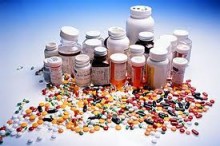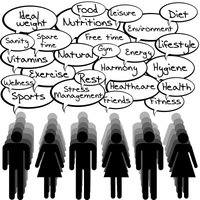 I really like The Council for Evidence-based Psychiatry website and they have just asked for submissions for a potentially important study. Please participate if the study is relevant to you.
I really like The Council for Evidence-based Psychiatry website and they have just asked for submissions for a potentially important study. Please participate if the study is relevant to you.
‘The Council for Evidence-based Psychiatry (cepuk.org) has been invited to contribute evidence to a project at the BMA (British Medical Association) which will review the issues associated with dependence upon prescribed drugs, including benzodiazepines, sleeping pills, pain relievers and antidepressants.
If you or a family member has experienced negative effects with one or more of these drugs, or has had difficulties withdrawing or following withdrawal, then you are invited to submit your experiences to CEP. We will then collate these and include a summary and/or individual responses in our submission to the BMA.




